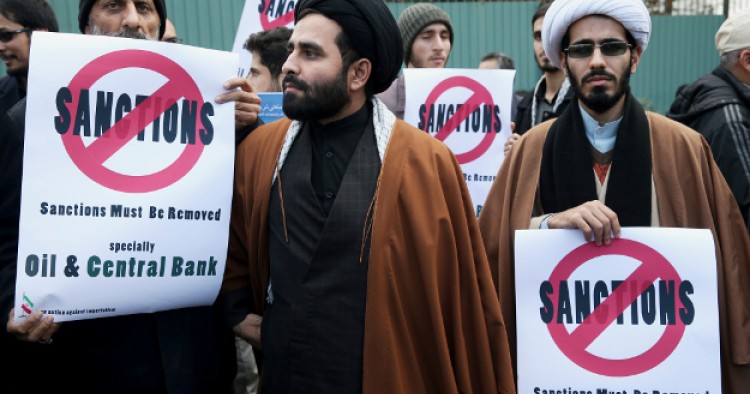Read the full article on the Washington Post's Monkey Cage blog.
An intense public debate is unfolding in Iran over the details of the ongoing nuclear negotiations. For a country that has been largely deprived of informed, open and critical discussions on the merits of this costly program, this is highly unusual. Even more striking, it is the hard-liners who are spearheading this dialogue in the run-up to the June 30 deadline for the final agreement.
In his first reaction to the Lausanne framework, Iran’s conservative Supreme Leader Ayatollah Ali Khamenei urged the authorities to invite criticism and enlighten “the people, particularly the elites” about the next steps. This invitation may seem to aim at shaping public opinion in Iran to bolster the country’s bargaining position, as some policy analysts argue. Political scientists might even view it as an example of audience cost theory. However, the main objective of these debates is the opposite. Instead of using the public to gain external credibility, the conservatives’ goal appears to be to ensure that the negotiations bring about elite cohesion and maintain the internal credibility and stability of the regime.
In a restless country where an election can split the elites and turn into an opposition movement, where a pop singer’s death can spontaneously attract large crowds and where even a preliminary nuclear agreement that may signal a possible end to some sanctions can become an impromptu street party, a final nuclear agreement, or lack thereof, may dangerously polarize both the society and the polity and foment instability. As a conservative senior cleric recently warned, “the product of the negotiations should not be a bipolar society.” In this climate, maintaining societal and political cohesion supersedes the nuclear negotiations, regardless of outcome. This unity can be achieved and fortified through an orchestrated public discourse that manages popular expectations and reveals to the nation U.S. and European betrayal of Iranian dreams.
The Middle East Institute (MEI) is an independent, non-partisan, non-for-profit, educational organization. It does not engage in advocacy and its scholars’ opinions are their own. MEI welcomes financial donations, but retains sole editorial control over its work and its publications reflect only the authors’ views. For a listing of MEI donors, please click here.












